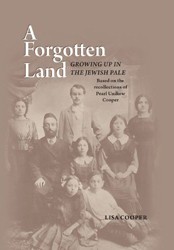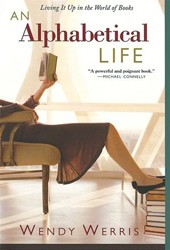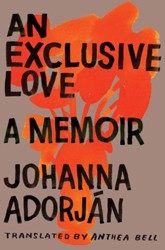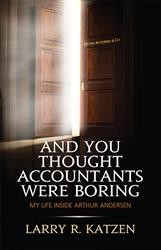The 500 pages covering internment in the Nazi concentration camp Terezín and persecution under the Communist regime of Czech writer Ivan Klíma’s memoir My Crazy Century could be intimidating, but they aren’t. Klíma guides the reader steadily, hurtling through events from the 1930s to the Velvet Revolution of 1989. It is his story, and the story of Czechoslovakia and its writers.
Mainly, My Crazy Century is the story of a writer: discovering the power of storytelling at Terezín; getting the idea for his first allegorical play, The Castle; editing a literary magazine; publishing his work only abroad and in a clandestine magazine typed up with friends during the twenty years they are banned from publishing at home. While Klíma details the harassment and persecution his friends and family suffer, he neither rages nor dwells. Oddly, for a Holocaust survivor, he is unperturbed when, in the late 1940s, a neighbor in Prague disappears. “He was a bougie,” his father, an ardent Communist, explains. When his beloved father is later imprisoned for “sabotage,” Klíma displays remarkable nonchalance. He worries about his first love, being a good member of the Communist Party, and providing for his family, rather than about his father’s fate. Disappearances are not seen as the alarming hallmark of a totalitarian regime but rather as the way things are. Perhaps, sadly, that is a survival skill learned in Terezín.
Being classified as Jewish by the Nazis comes as a surprise; Klíma had been raised entirely secular. He remains so, exhibiting bemused indifference toward all things Jewish, despite his Jewish wife’s interest in Judaism. She initiates, for example, their visit to an Israeli kibbutz in the early 1960s. There he is more interested in the Kibbutzniks’ successful experiment in communal living than in the realization of the Jewish state.
Klíma finds himself in London and later at the University of Michigan as a guest lecturer when Soviet tanks crush the Prague Spring. Nevertheless, Klíma decides to return. Thankfully, he addresses why: “For me, the only meaningful work was writing, telling stories that were somehow connected to my life, and this was interwoven with my homeland. The thought of writing in a foreign country about things that deeply touched me but with which I had cut off all ties seemed foolish.” Thus, My Crazy Country is an illuminating account of what it meant to be a Czech writer in the twentieth century.





